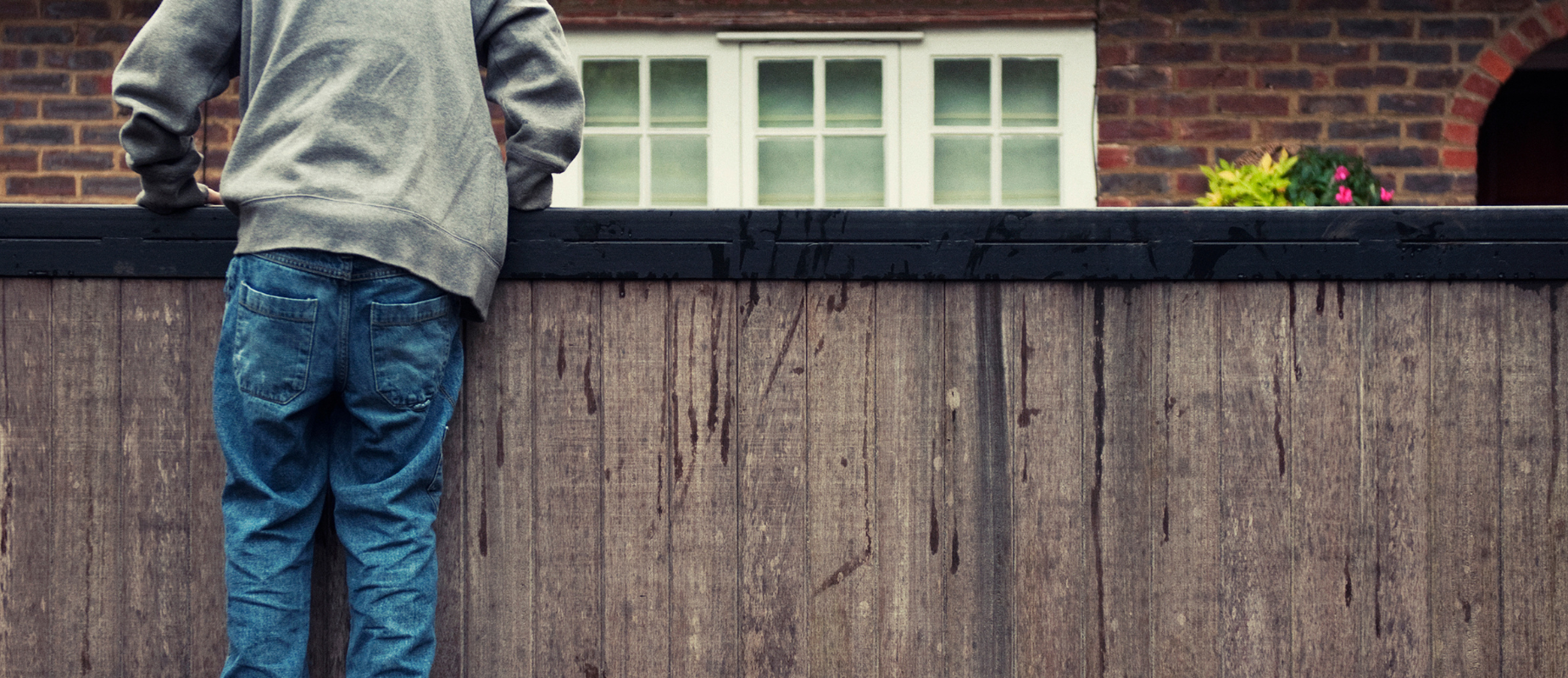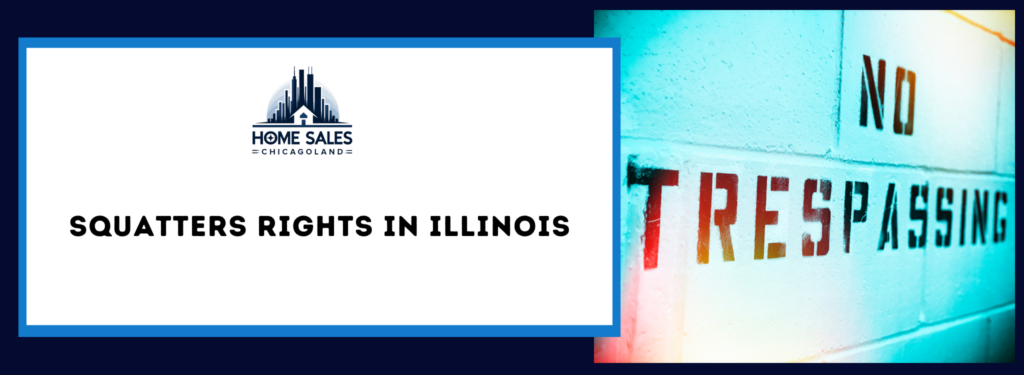
The Importance Of Understanding Squatters Rights In Illinois
Homeowners and real estate professionals in Illinois should understand squatters’ rights. Squatting or occupying someone else’s property without permission can have serious legal ramifications for both parties.
In Illinois, squatters can gain legal rights to the property if certain conditions are met, such as openly living on the property for a set period of time. This can result in lengthy and costly legal battles for homeowners attempting to regain possession of their property.
Real estate professionals must also be aware of squatters’ rights to advise their clients properly and avoid property disputes. Understanding squatters’ rights in Illinois is critical for protecting one’s property and avoiding unintended consequences.
Exploring The Complexities Of Squatters Rights In Illinois
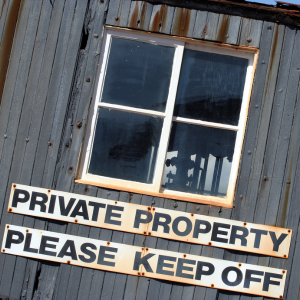
Homeowners and real estate agents have been on opposite sides of the squatters’ rights/adverse possession lawsuit in Illinois. Unauthorized occupants of real property may acquire legal title after meeting specific legal requirements.
Squatters’ rights in Illinois are complicated, and it can be difficult to understand them without knowing any applicable laws and regulations. Adverse possession, for instance, requires certain conditions to be satisfied, such as the continual and exclusive use of the property for a minimum of twenty years.
Additionally, this law does not apply to properties owned by or used for public purposes by government entities. If homeowners and real estate agents want to safeguard their properties and stay out of legal trouble, they must learn the ins and outs of squatters’ rights in Illinois.
A Comprehensive Guide To Understanding Squatters Rights In Illinois
State laws protect squatters’ rights in Illinois, which can be complex and perplexing for homeowners and real estate professionals. Understanding these rights is crucial for navigating potential legal issues.
Squatters, also known as adverse possessors in Illinois, can legally own property by meeting certain conditions. These requirements include openly occupying the property without the owner’s permission for at least 20 years, paying property taxes on the property, and having no objections or attempts by the owner to remove it from it.
Understanding these conditions and how they apply to specific situations is critical for properly addressing any potential squatters’ rights issues.
The Legal Framework Of Squatters Rights In Illinois
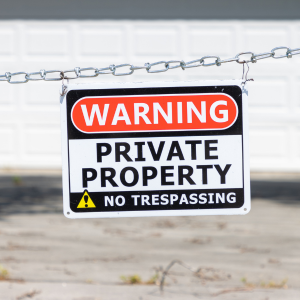
It is important to have a solid understanding of the laws that govern squatters’ rights in Illinois. The state’s adverse possession laws protect squatters’ rights. These laws say that someone can claim property ownership if they have lived there without permission for some time.
To establish adverse possession, however, certain conditions must be met. For example, the property must be taxed, and improvements must be made. There are also times when adverse possession doesn’t apply, like when the property belongs to the government or when the squatter got there by cheating.
Homeowners and real estate agents need to know these laws to protect their properties and handle any squatters’ rights cases that might arise.
Understanding The History And Evolution Of Squatters Rights In Illinois
Squatters’ rights, or adverse possession, have a long history and evolution in Illinois. This legal concept originated in English common law and was adopted by Illinois’ early settlers.
Individuals who occupied and improved land for a set period of time could claim ownership, regardless of legal title. This concept has evolved over time due to court decisions and legislative actions, forming the basis for Illinois’ current squatters’ laws.
Understanding the history and evolution of squatters’ rights is critical for homeowners and real estate professionals navigating potential property ownership disputes or claims.
Common Misconceptions About Squatters Rights In Illinois
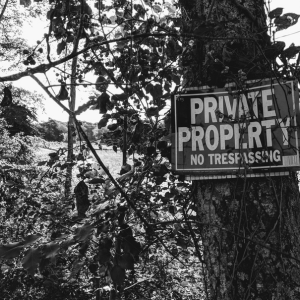
Many misconceptions exist about squatters’ rights in Illinois, which can lead to confusion and frustration for homeowners and real estate agents. Misconception: Squatters automatically gain property ownership after a certain period of time.
This is not the case in Illinois. To legally own a property, squatters must meet strict requirements and undergo a legal process known as adverse possession.
Another misconception is that landlords cannot remove squatters from their property. In fact, landlords have the right to evict squatters through the proper legal channels.
To avoid misunderstandings or complications, homeowners and real estate professionals must understand Illinois’s laws and processes governing squatters’ rights.
Navigating The Grey Areas Of Squatters Rights In Illinois
Understanding squatters’ rights in Illinois can be challenging for homeowners and real estate professionals. While the state has laws in place to protect property owners from unwanted occupants, there are some situations in which individuals can assert squatters’ rights.
These grey areas include situations where the occupant has lived on the property for a long time or made significant improvements. Both homeowners and real estate professionals must understand these nuances to effectively handle potential squatters’ rights cases.
Individuals who understand the laws and how they apply can better protect their property and navigate this often hazy area of Illinois law.
Key Factors That Determine Squatters Rights In Illinois
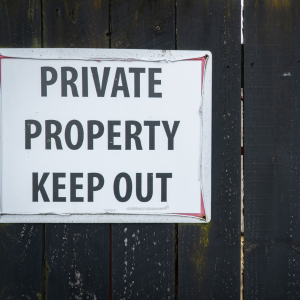
In Illinois, squatters have certain rights, but the scope of these rights depends on several important factors. The first factor that is taken into account is how long a squatter has been living on a property.
People living on someone else’s land without permission for 20 years or more may have established adverse possession rights in Illinois. Another important question is whether the property was obtained illegally, like by trespassing or fraud.
This could make a squatter’s claim to the property less valid. In addition to the type of property and where it is located, these factors can also affect squatters’ rights in Illinois.
For instance, the law treats commercial properties differently than residential properties. Homeowners and real estate agents who want to protect their rights and avoid trouble with squatters must remember these important facts.
The Role Of Trespassing Laws In Defining Squatters Rights In Illinois
Trespassing laws in Illinois play an important role in understanding squatters’ rights. These laws define squatters’ rights and determine adverse possession of property.
In Illinois, trespassing is defined as entering or remaining on another person’s property without permission. Squatters who have lived on a property for a while may claim possession through continuous trespassing.
However, homeowners and real estate professionals knowledgeable about Illinois trespassing laws and can take legal action to protect their property rights may challenge this argument.
An Overview Of Adverse Possession And Its Impact On Squatters Rights In Illinois
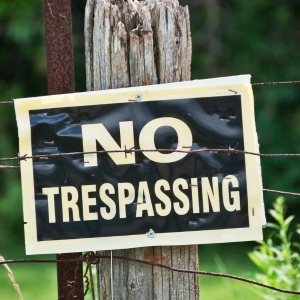
Adverse possession refers to gaining ownership of someone else’s property through open use over time. In Illinois, squatters living on a property without the owner’s permission may have their rights affected.
According to Illinois law, if a squatter occupies a property for at least 20 years and meets other requirements, they may be able to claim adverse possession and legal ownership of the property. This can have serious consequences for homeowners and real estate professionals because it may result in losing ownership or complicating the sale or transfer of the property.
It is critical for all parties involved to understand the laws governing adverse possession and how they may impact squatters’ rights in Illinois.
Understanding The Process Of Acquiring Legal Title Through Adverse Possession
It’s complicated for Illinois homeowners and real estate agents to acquire legal title through adverse possession. The process involves occupying another’s property without permission for 20 years in Illinois.
Squatters must openly use the property, pay taxes, and improve it during this time. Adverse possession may allow the squatter to claim ownership if these conditions are met.
The property’s true owner may dispute this process, leading to legal disputes. To avoid confusion, homeowners and real estate professionals must understand adverse possession in Illinois.
Exploring The Difference Between Tenants And Squatters Under Illinois Law
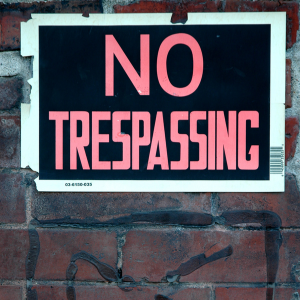
When discussing squatters’ rights in Illinois, it’s important to distinguish between tenants and squatters under state law. While both may occupy a property without owning it, there are distinct legal consequences for each.
Tenants have a contractual agreement with the property owner and pay rent, whereas squatters have no legal right to be on the property. Squatters in Illinois can only gain legal rights if they meet certain requirements, such as openly occupying the property for at least 20 years.
In contrast, tenants are afforded certain protections under landlord-tenant laws. Homeowners and real estate professionals must understand these distinctions to protect their property rights effectively and deal with potential squatter situations.
Examining The Protections Offered To Property Owners Against Squatting
Illinois property owners are protected against squatting, which occurs when someone occupies a property without permission or legal right. To claim ownership under the state’s adverse possession law, a squatter must occupy the property openly and continuously for at least 20 years.
In addition, homeowners can protect their property by posting “No Trespassing” signs and promptly removing unauthorized occupants. Real estate agents can also help to prevent squatting by thoroughly screening prospective tenants and inspecting properties regularly for signs of unauthorized occupancy.
Understanding these safeguards can help homeowners and real estate professionals protect themselves against squatting in Illinois.
Evaluating The Consequences For Violating Squatter’s Rights Laws In Illinois
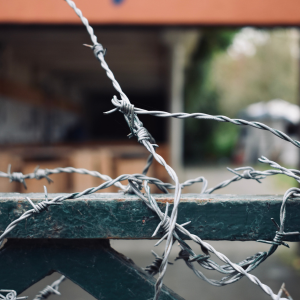
Understanding squatters’ rights in Illinois requires homeowners and real estate professionals to know the consequences of violating these laws. If you do not take action against a squatter who has established rights on your property, you risk losing ownership.
This can lead to significant financial losses and legal disputes. Real estate professionals who knowingly sell or rent out properties with squatters face severe penalties, including fines and potential lawsuits from both the original owner and the squatter.
All parties involved must carefully consider the consequences before taking any action related to squatters’ rights in Illinois.
The Impact Of Abandoned Property On Squatter’s Rights Cases
The impact of abandoned property has exacerbated squatters’ rights cases in Illinois. When a property is vacant and unattended, squatters can claim possession and assert their rights as occupants.
This can result in legal battles between homeowners and squatters and difficulties for real estate professionals attempting to sell or manage these homes. To fully comprehend the complexities of squatters’ rights in Illinois, homeowners and real estate professionals must know the implications of abandoned property in these circumstances.
Individuals can better navigate the legal system and protect their property rights if they understand the impact of abandoned property.
Challenging A Claimed Right To Occupy Through Adverse Possession Defense
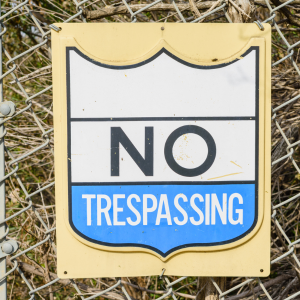
When challenging a claimed right to occupy using an adverse possession defense in Illinois, homeowners and real estate professionals must understand the complexities of this legal concept.
Adverse possession is a claim made by someone who has been occupying a property without permission for a set amount of time, usually 20 years.
To successfully contest this claim, the homeowner or real estate professional must demonstrate that the occupier did not have actual possession of the property, that their possession was not open and notorious, and that they did not pay taxes on the property.
Individuals dealing with squatters’ rights in Illinois should seek legal advice and fully understand the laws governing adverse possession to protect their property rights.
Can You Kick Out A Squatter In Illinois?
Understanding squatters’ rights is critical for Illinois homeowners and real estate professionals seeking to protect their property. Many people are unaware that squatters may have legal rights to remain on a property under certain conditions.
However, this does not mean you cannot evict a squatter in Illinois. The key is to act quickly and adhere to the proper legal procedures.
Establishing that the person occupying your property is a squatter, not a tenant with legal rights, is critical. Once this is determined, you can evict the squatter and reclaim possession of your property.
Consulting with an experienced attorney can significantly assist in navigating this process effectively and efficiently.
What Is The Shortest Time For Squatters Rights?
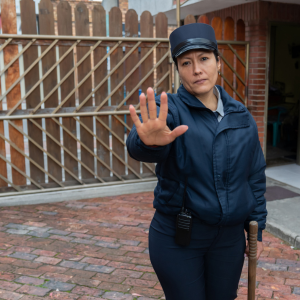
The shortest period of time in Illinois for squatters’ rights to potentially be established is seven years.
This means that someone may legally claim property under squatters’ rights if they occupy and keep possessing it without the owner’s consent for at least seven years.
Homeowners and real estate agents should be aware that a few variables, like the owner’s abandonment of the property, may impact this time frame.
To completely understand and navigate these intricate laws about squatters’ rights in Illinois, it is imperative that you seek the appropriate legal counsel.
Can You Turn Off Utilities On A Squatter In Illinois?
Squatters’ rights in Illinois can be a complex and contentious issue for homeowners and real estate professionals. One frequently asked question is whether turning off utilities for squatters is legal.
In short, the answer is “no.” According to Illinois law, utilities must be turned on for all property occupants, regardless of legal status.
This means that even if someone is squatting in a home without permission, they have the right to basic utilities like water, electricity, and gas. Attempting to turn off these services may result in legal consequences for the homeowner or property owner.
Understanding the laws and regulations governing squatters’ rights in Illinois is critical for avoiding potential legal issues.
What Are The 5 Requirements For Adverse Possession In Illinois?
Adverse possession is a legal concept in the state of Illinois that allows people to gain ownership of another person’s property by using it continuously and openly for a set period. This contentious issue has sparked debate among homeowners and real estate professionals, making it critical to understand Illinois’s five key requirements for adverse possession.
First and foremost, the person must have occupied the property without the owner’s permission for at least 20 years. Furthermore, they must have openly and notoriously claimed the land without attempting to conceal their actions.
Furthermore, the possession must be hostile or violate the true owner’s rights. Throughout the 20-year period, the individual must also pay all applicable property taxes.
Finally, adverse possession can only be asserted if there is no written or recorded title to the property. It is critical that homeowners and real estate professionals understand these requirements to navigate this complex legal issue confidently and understandably.
This information applies to Illinois and its cities, including Chicago, Elmhurst, and Joliet. For assistance or questions, please call us at (773) 663-4505. You can also visit our website at Home Sales Chicagoland for more details.
Resources To Help Sell Your House in Illinois
| [ | |||||
| “ | ] | “ | ] |

